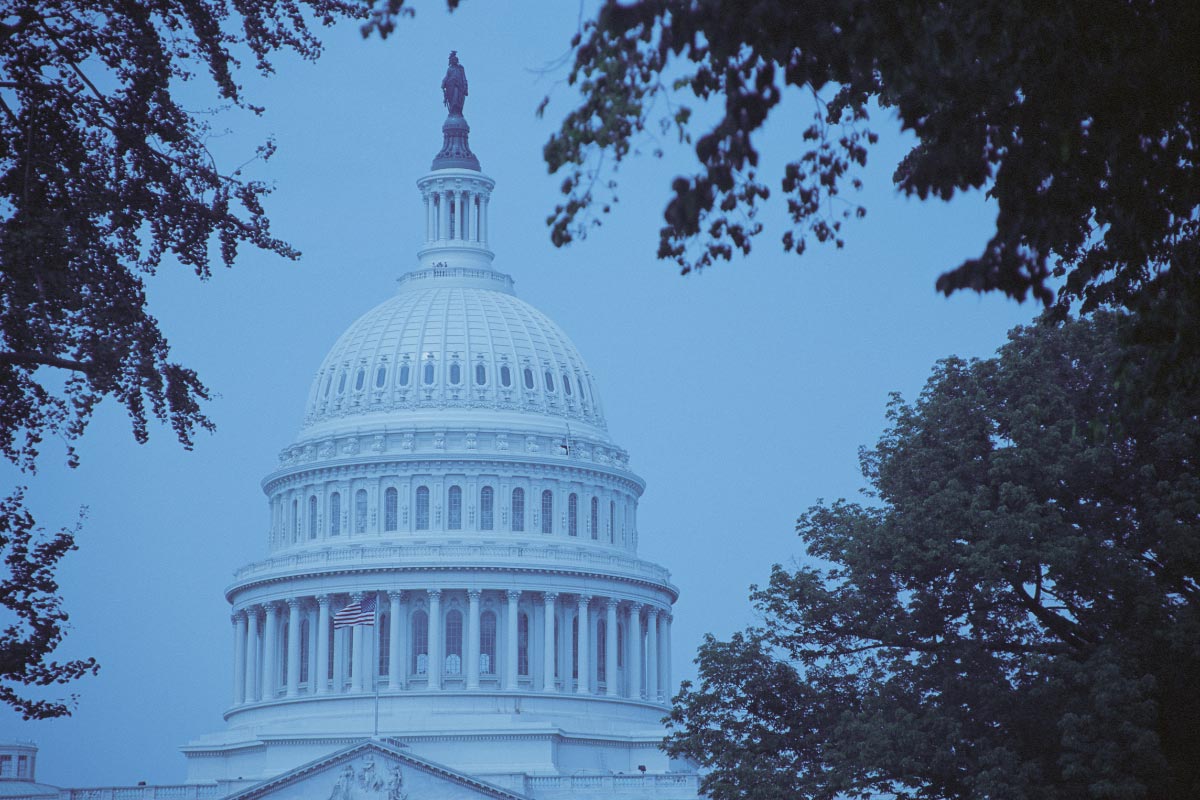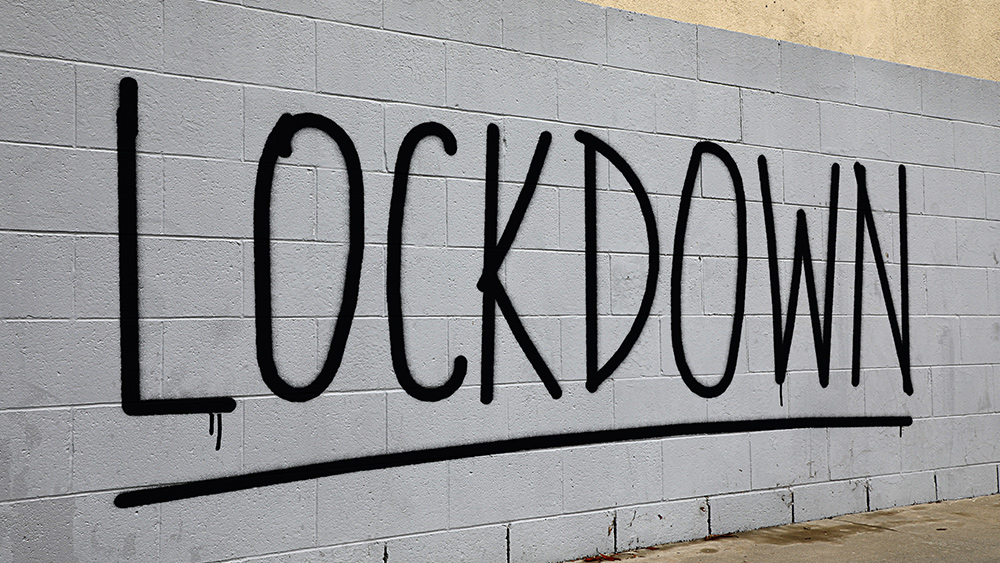
Advertisement
The steady spread of the Wuhan coronavirus (COVID-19) turned much more serious for lawmakers and government officials working on Capitol Hill Thursday after a Senate staffer was diagnosed with the disease.
As anxiety levels rise around the country and uncertainty about the spread of the virus grips Wall Street, the discovery of a sick Hill staffer won’t help.
According to Democratic Sen. Maria Cantwell of Washington, the positive came from a staffer in her office — the first known case of the virus in Congress, which prompted her to close her doors for at least the remainder of the week, Zero Hedge reported.
“The individual who tested positive for COVID-19 has had no known contact with the senator or other members of Congress,” a statement said. “The senator is requesting that testing be done on any other staffers who have been in contact with the individual and show symptoms.”
Another seven members of Congress have self-quarantined out of what they said was an “abundance of caution” after possible incidents of exposure. That includes six Republicans: Sens. Ted Cruz and Lindsey Graham, Reps. Matt Gaetz, Doug Collins, Paul Gosar and Mark Meadows, the latter of whom is now President Trump’s chief of staff.
The caution comes from attending the annual Conservative Political Action Committee conference at National Harbor, Md., in recent days; an attendee of the conference has tested positive for the virus as well, and it’s possible that these lawmakers may have also been exposed.
Two Democrats, meanwhile, have also self-quarantined; they are Reps. Julia Brownley of California and Don Beyer of Virginia.
By mid-day Thursday, The Associated Press reported: “Congress is shutting down the US Capitol building to the public until April 1, along with all House and Senate offices over concerns of the coronavirus spreading.” (Related: Denmark locks down ENTIRE COUNTRY in response to coronavirus pandemic.)
Average age of lawmakers is 60
The news service added:
Both chambers will continue to conduct business, but without a public, in-person audience.
The Democratic-led House will vote Thursday on a novel coronavirus response package that would provide support to families affected by the pandemic, including paid sick leave, free testing and funding increases to food security programs.
There is at least some concern, however, that the effort may have been too little, too late. Before the lockdown, the House and Senate sergeants-at-arms announced the suspension of all tours of the Capitol in order to limit lawmakers’ exposure. But given that the average age of lawmakers is 60 — close to or within the Centers for Disease Control and Prevention’s guidelines to avoid exposure — then it’s possible we could be looking at a sort of mini-pandemic in Congress.
As Zero Hedge notes, at the beginning of March some 10 percent of members of the Iranian parliament were confirmed to have been infected with the virus, and while the real power in that country is vested in the Ayatollah Ali Khamenei, the country’s supreme leader, the fact is that a nation’s top-level officials are obviously not immune from COVID-19.
For their part, President Trump and Vice President Mike Pence are also beginning to take new precautions. After the White House said earlier this week that the president had no plans to cancel campaign events, Trump nevertheless did so on Thursday.
CNN reported that Trump canceled a number of public events following his nationally televised speech addressing the coronavirus outbreak. In a statement, White House spokeswoman Stephanie Grisham said that the president canceled events in Colorado and Nevada at the end of this week, again “out of an abundance of caution.”
No doubt the decision was made in large part to avoid having the president of the United States — who may be healthy but is nevertheless 73 years old — stricken by a virus that could kill him.
Sources include:
Advertisement
Advertisements
















